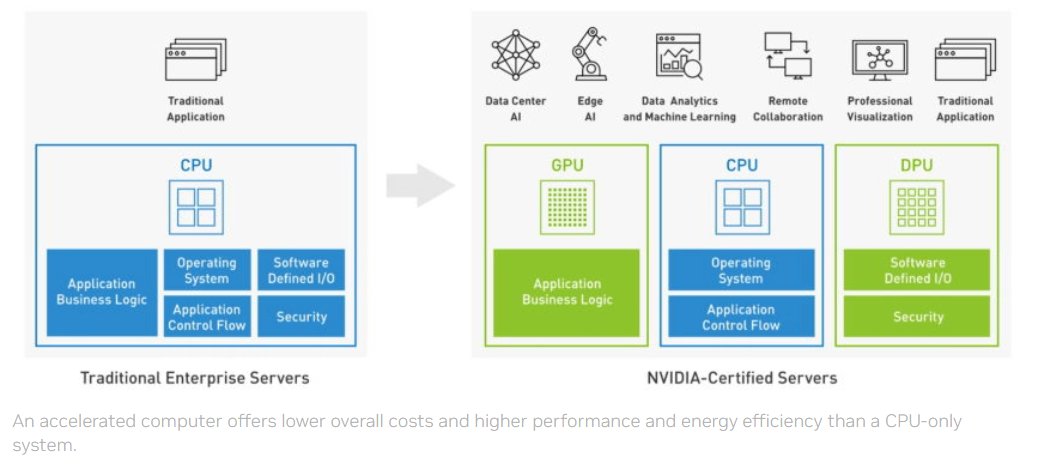Goaltide Daily Current Affairs 2024
Current Affair 1:
Epidemic Diseases Act, 1897
News:

The British Government enacted Epidemic Diseases Act, I897 for the first time in response to the outbreak of bubonic plague in Bombay with the aim to ameliorate prevention of the spread of dangerous epidemic diseases. This law granted special powers to the Government to take measures to control the spread of epidemic diseases.
Subsequently, even after independence, colonial-era legislation on epidemic diseases has continued to be in force and has been invoked to contain the spread of different infectious diseases such as cholera, swine flu, dengue, malaria, smallpox, Nipah, SARS etc.
About the Act:
The existing legal framework to deal with health exigencies such as epidemic diseases flow out of the Epidemic Diseases Act, 1897 which was enacted during the colonial era. Subsequently, the law has been amended to meet the evolving needs.


ln the light of COVID- 19, a few amendments were introduced in the existing Epidemic Diseases Act, 1897 in the year 2020 vide the Epidemic Diseases (Amendment) Act,2020. 13 A brief scheme of Epidemic Diseases Act, 1897 post the 2020 amendments has been enumerated below:
The amended Epidemic Diseases Act, 1897 focused more on the protection of healthcare workers in the light of violence and other hostilities faced by healthcare workers during COVID-I9.
Current Affair 2:
US House passes Quad bill
News:

The US House of Representatives has passed the Quad bill which instructs the Biden administration to establish a Quad Intra-Parliamentary Working Group to facilitate closer cooperation between the US, Australia, India and Japan.
It directs the State Department to submit to Congress, within 180 days of the bill’s enactment, a strategy to increase engagement and cooperation with the Quad, and within 60 days of its enactment, to enter into negotiations with Japan, Australia and India to establish a Quad Intra-Parliamentary Working Group to facilitate closer cooperation.
By establishing a Quad Intra-Parliamentary Working Group and outlining key areas of engagement, the bill seeks to promote stability, security, and prosperity in the Indo-Pacific region.
What is the Quad?
Formally the Quadrilateral Security Dialogue, the Quad began as a partnership after the 2004 Indian ocean tsunami, when the four countries joined together to provide humanitarian and disaster assistance. It was formalised in 2007 by then Japanese prime minister Shinzo Abe but remained dormant for nearly a decade, particularly amid Australian concerns that it would irritate China.
The group was resurrected in 2017, reflecting changing attitudes towards China’s growing regional influence. Both the Trump and Biden administrations saw the Quad as key to a pivot towards placing more focus on the Indo-Pacific region, particularly as a counterweight to China’s assertive actions. The Quad leaders held their first formal summit in 2021 and met again virtually in March.
Members:
Australia, India, Japan and the United States
Current Affair 3:
iRASTE: Intelligent Solutions for Road Safety through Technology and Engineering
News:

India has secured the prestigious 9th GovTech Prize for its pioneering endeavors in AI-powered government services, at the World Government Summit 2024.
The Ministry for Road Transport & Highways of the Government of India has been recognized for its groundbreaking project, iRASTE (Intelligent Solutions for Road Safety through Technology and Engineering).

iRASTE, a collaborative initiative involving the government, industry, and academia, is revolutionizing road safety through the integration of AI technology.
Current Affair 4:
What Is Accelerated Computing, and Why Is It Important?
News:

Traditional Central Processing Units (CPUs) are excellent at performing complex control functions. However, they are not necessarily optimal for the demands of many applications that need to process large quantities of data. With the increasingly smart world we live in, the amount of data processing needed is increasing exponentially. Acceleration is needed to bridge the growing gap between data-processing need and traditional CPU capability.
Accelerated computing is a modern style of computing that separates the data-intensive parts of an application and processes them on a separate acceleration device, while leaving the control functionality to be processed on the CPU. This allows demanding applications to run more quickly and efficiently as the underlying processor hardware is more efficient for the type of processing needed.
Accelerated computers blend CPUs and other kinds of processors together as equals in an architecture sometimes called heterogeneous computing.

Why Do You Need Accelerated Computing?
You need accelerated computing because today’s applications demand more speed and efficiency than traditional CPUs can provide on their own. This is especially true when considering the increasing role of artificial intelligence (AI). Businesses in all industries will increasingly rely upon accelerated computing to remain competitive.
Where Is Accelerated Computing Used?
Accelerated computing is used in a vast number of applications and industries today—especially as 5G is rolled out and we become more reliant upon the internet of things (IoT). Financial trading firms use it for faster trading and minimal latency. The automotive industry uses it for in-vehicle monitoring and advanced driver-assistance systems. Organizations use it to make sense of data. Video game developers rely on it to create high-quality simulations and graphics.
<< Previous Next >>



